Introduction
Canned chicken makes a good solution for those nights when you come back from home, and you’re tired, and you don’t feel like preparing a complicated dinner. But can dogs eat canned chicken?
Read on to find out the answer to this question and more. We’re looking at the potential benefits of feeding this canned food to your pet and whether or not there are any risks involved in doing so, too.
Is Canned Chicken Good for Dogs?
Canned chicken dog food is a great idea for pet parents, and there are varieties available for sale these days that are uniquely made for this species.
We’re noting this at the beginning of this article because these alternatives do not contain as much salt or other ingredients for people that dogs are never supposed to have. So, if you’re ever having second thoughts about it, just get a natural and additive-free canned chicken variety for your pet.

Essential amino acids
Chicken meat contains a wide range of amino acids such as lysine, leucine, tryptophan, methionine, valine, and histidine.
Amino acids are important for animals and humans alike. They are responsible for a variety of functions, such as ensuring that the electrical signal from one nerve to another is transmitted properly.
Other amino acids influence the way your dog’s body reacts to the production of hormones or regulate their amount. Some are essential for building muscles, while others have been found to be important for transporting nutrients from one area of the body to the other. Chicken meat is quite rich in amino acids, so this would be a good reason to give your dog some canned chicken every once in a while.
Healthy protein
There are 27g of protein in 100g of chicken meat, and this amount goes up to 31g for chicken breast. As you can imagine, dogs are supposed to have a decent amount of protein in their diets to thrive and be healthy.
Good for weight loss
Feeding dogs canned chicken on occasion can put your mind at ease if your dog has a high risk of developing diabetes or obesity. You might know by now that dogs that are neutered or spayed tend to put on pounds much easier and faster compared to their intact counterparts.
Making sure that your dog gets enough calories from the healthiest of sources is the best way of going about things, so canned chicken and rice for dogs can sometimes save you some trouble in this sense.
Is Canned Chicken Bad for Dogs?
Sodium
The worst thing about this type of food, especially the one that’s primarily made for people, not dogs, is that it is quite rich in sodium. Sodium is actually often utilized as a preservative, and while it is natural, so it has fewer harmful effects on the body, it can be a rather risky ingredient for this species.
For example, some dogs can suffer from sodium poisoning. Dogs can exhibit many unpleasant symptoms after eating food that’s rich in salt, such as diarrhea, vomiting, stomach aches, agitation, excess salivation, and more.
Prolonged exposure to salt can also lead to chronic health issues such as kidney failure. So, while canned chicken might make a great snack, especially if your dog is crazy about it, it should not be given to dogs on a regular basis.
Allergies
Did you know that some dogs are actually allergic to chicken? This type of allergy has become more and more common in the past years, especially given that chicken is the main ingredient in dog kibble and wet pet food, too.
If you are aware of the fact that your pet has a tendency to develop allergies to a wide range of factors and your vet has also recommended an elimination diet, it’s a good idea to steer clear of canned chicken altogether.
Additives
This is perhaps the most significant reason why you should avoid giving your dog canned chicken that you get at the local shop and that you know for sure is made for people, not pets.
Unfortunately, canned chicken can now contain a myriad of additives and they range from binders and stabilizers to artificial colors and preservatives. While most (if not all) of them are clearly noted on the label, you might not be aware that some are carcinogenic.
This means that consistent exposure to these substances can eventually lead to your dog developing cancer. There’s always the option of you getting the same product but specifically made for dogs (often marketed as ‘homemade’ or ‘natural’).
These products can also be free of artificial flavors and colors, but some are even better in that they might not even contain grain, corn, soy, or wheat.
How Much Canned Chicken Can My Dog Eat?
It actually depends on the type of canned chicken you intend to give to your pet.
The varieties made for humans are riskier and for this reason, we recommend a very small weekly amount, such as a tablespoon — regardless of the dog’s weight.
If your dog has been diagnosed with hypertension or cardiovascular health issues or they have some chronic kidney problem, avoid giving them canned chicken just because the sodium content might further put their health at a risk.
The sky’s the limit when it comes to giving your dog pet canned food made with chicken, especially if they are not allergic to this protein source.
In any case, if you ever have any doubts about giving your dog canned chicken, get in touch with your vet specialist and ask them if you’re allowed to do so.
How to Prepare and Serve Canned Chicken to Your Dog
Avoid giving your dog canned chicken straight from the can. Instead, you should allow the meat to soak in some water for at least one hour or two to make sure that some of the salt has come out of it.
Strain the meat before serving it to your dog.
You can also use unsalted canned chicken as an ingredient in homemade nuggets, which you can prepare as you would for yourself, just without any seasonings or spices (dogs don’t do well with onion, garlic, chili, or whatever else you might want to have in your nuggets).
You can also mix rice with canned chicken for dogs with diarrhea since the rice (and the water it’s been cooked in) typically regulates a pet’s digestion. However, they’re definitely not supposed to have rice every day.

Frequently Asked Questions
Yes. In fact, chicken breast is the leanest part of the whole chicken, so it has the most protein and the lowest number of calories, too. In other words, it makes a good choice for slightly overweight pets.
It depends on who it is made for. If it’s made for humans, the answer is a no. If it’s made for pets, it’s completely safe for dogs and might also give them some additional nutrients, such as those that they’d benefit from if they had homemade chicken broth (with no salt).
While it is definitely not the best option you have available, small amounts of canned chicken noodle soup are considered relatively safe.
Nevertheless, it invariably pays off to have a look at the ingredients listed on the label just to make sure that none of them are dangerous for dogs (such as the condiments we’ve noted above, like onions).
Summary
So, can you give dogs canned chicken? The answer to this question is an unambiguous yes. Just to be on the safe side of things, opt for the pet-safe variety available at your local store or online.
If you have nothing else in your home other than canned chicken made for people, make sure you soak it in water for an hour or two to remove at least some of the salt.
Sources
- Tryptophan requirements in small, medium, and large breed adult dogs using the indicator amino acid oxidation technique, James R. Templeman, Wilfredo D. Mansilla, Lisa Fortener, Anna K. Shoveller, 2019
- Minimum dietary methionine requirements in Miniature Dachshund, Beagle, and Labrador Retriever adult dogs using the indicator amino acid oxidation technique, James R. Templeman, Wilfredo D. Mansilla, Lisa Fortener, Anna K. Shoveller, 2020
- Diagnosis and management of food allergy and intolerance in dogs and cats, J. Wills, R. Harvey, 1994
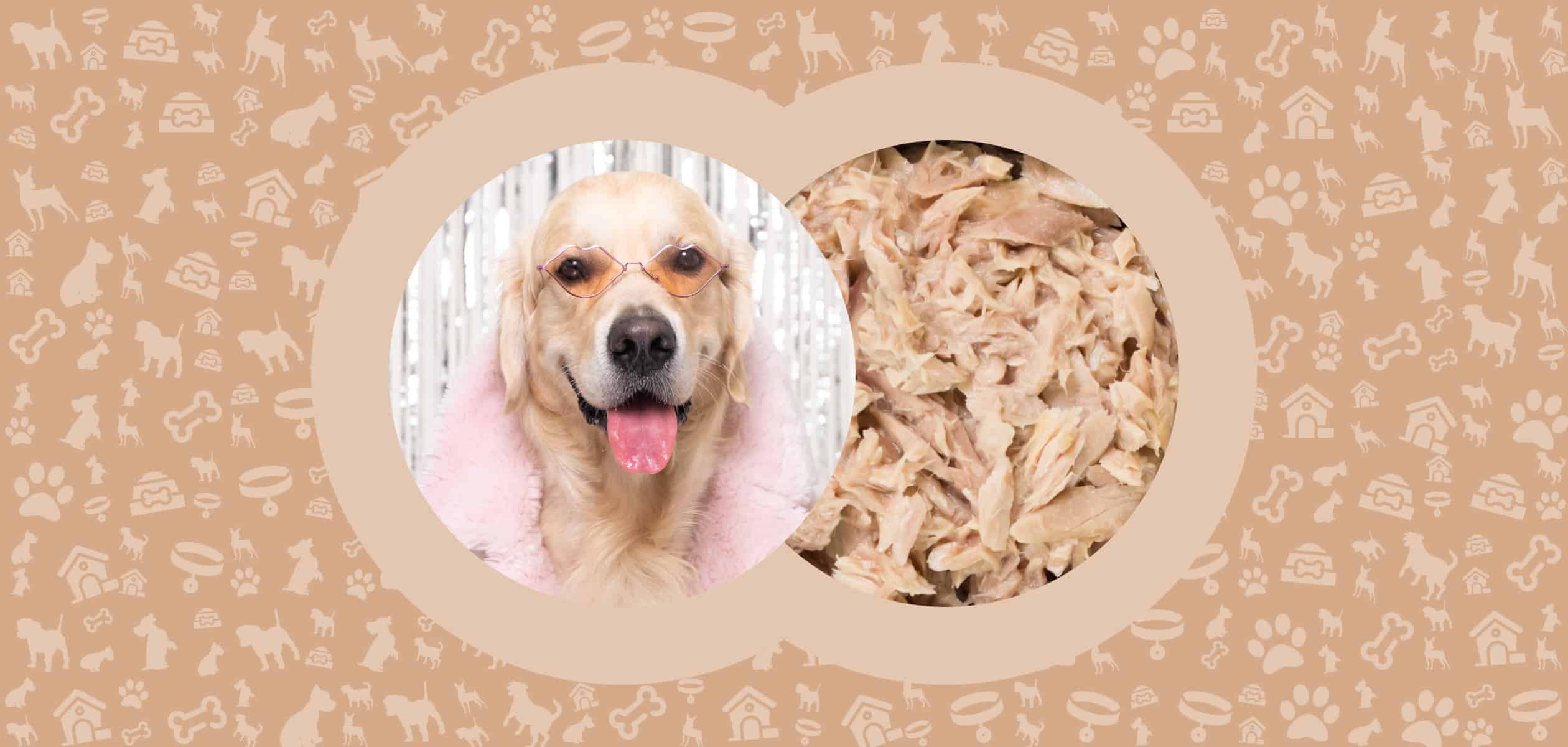
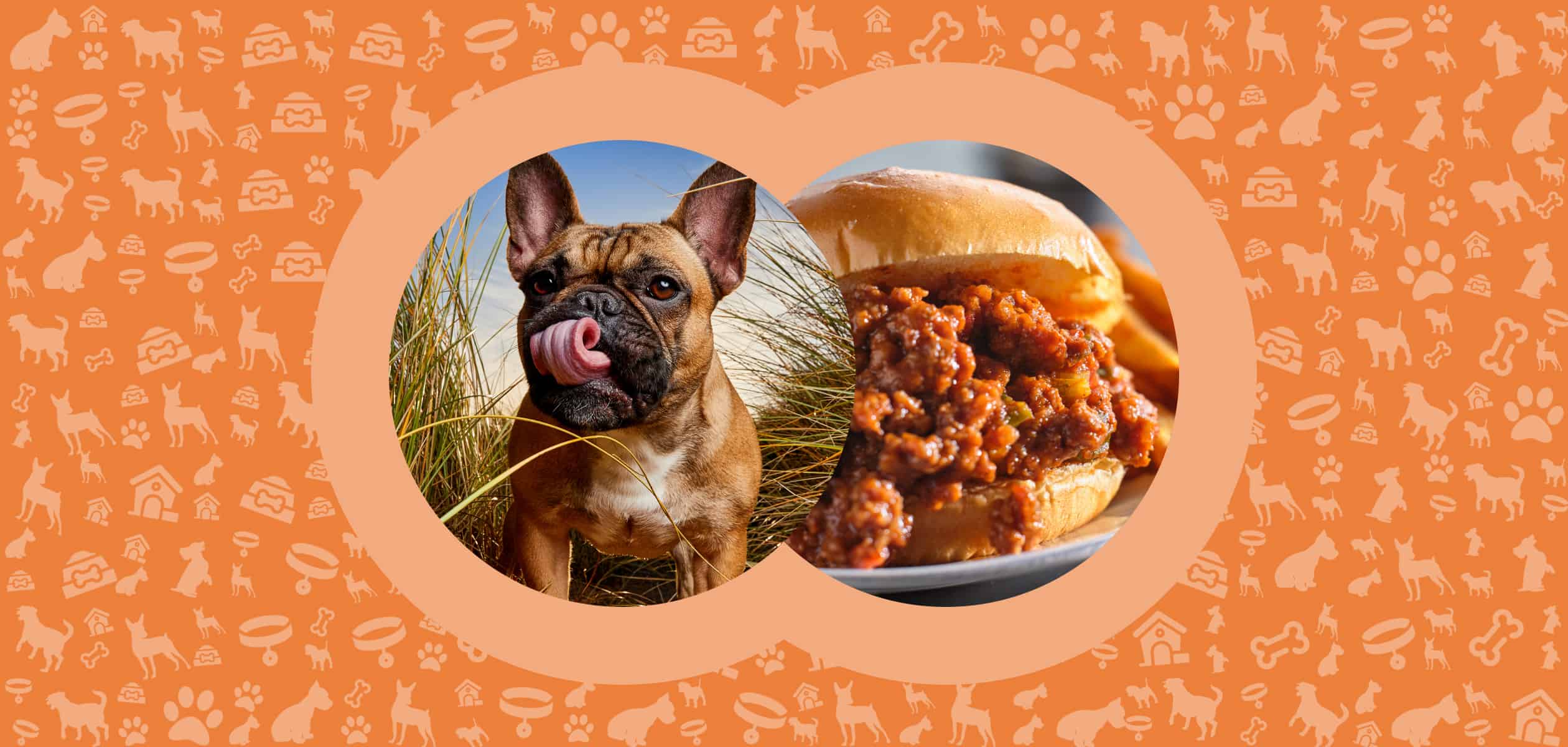
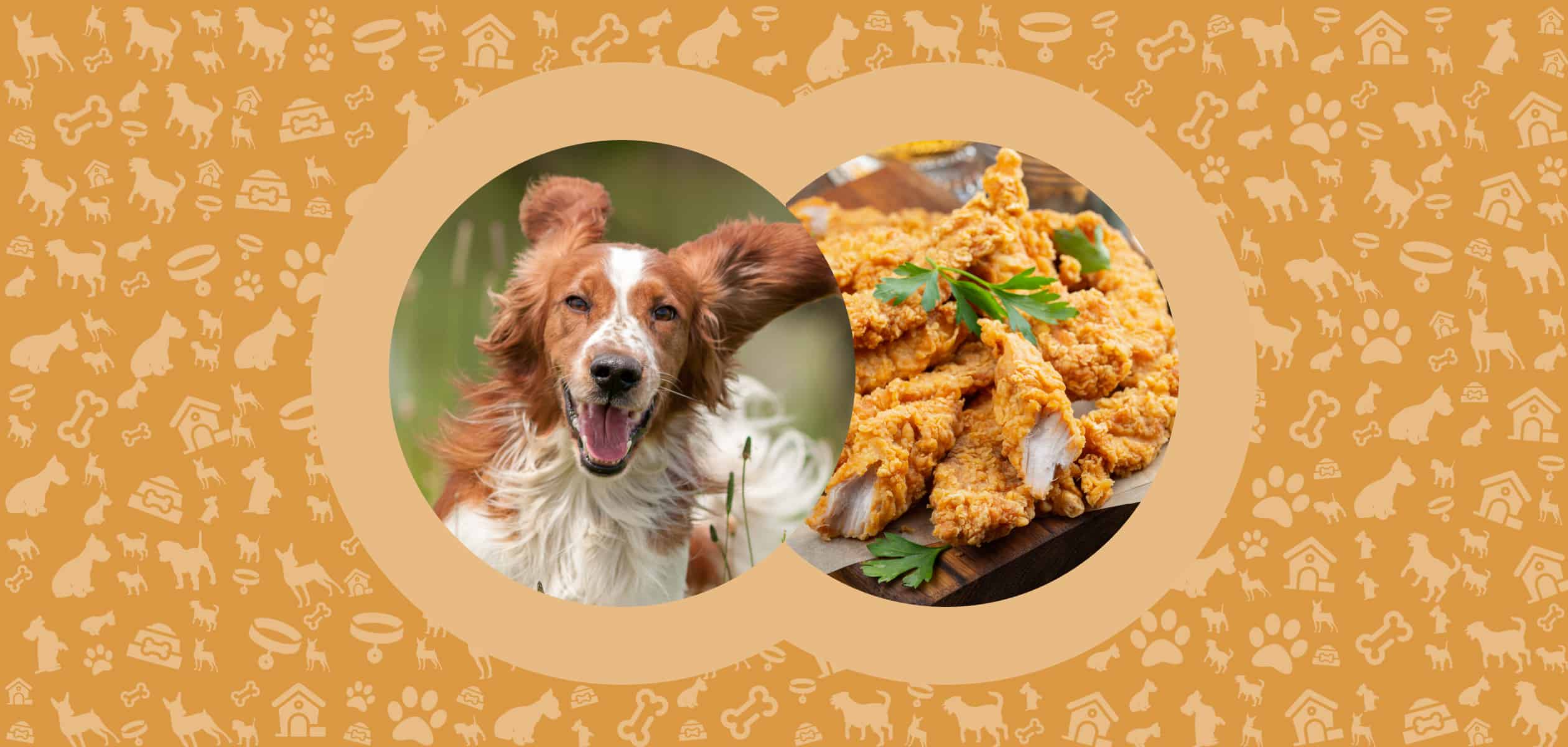
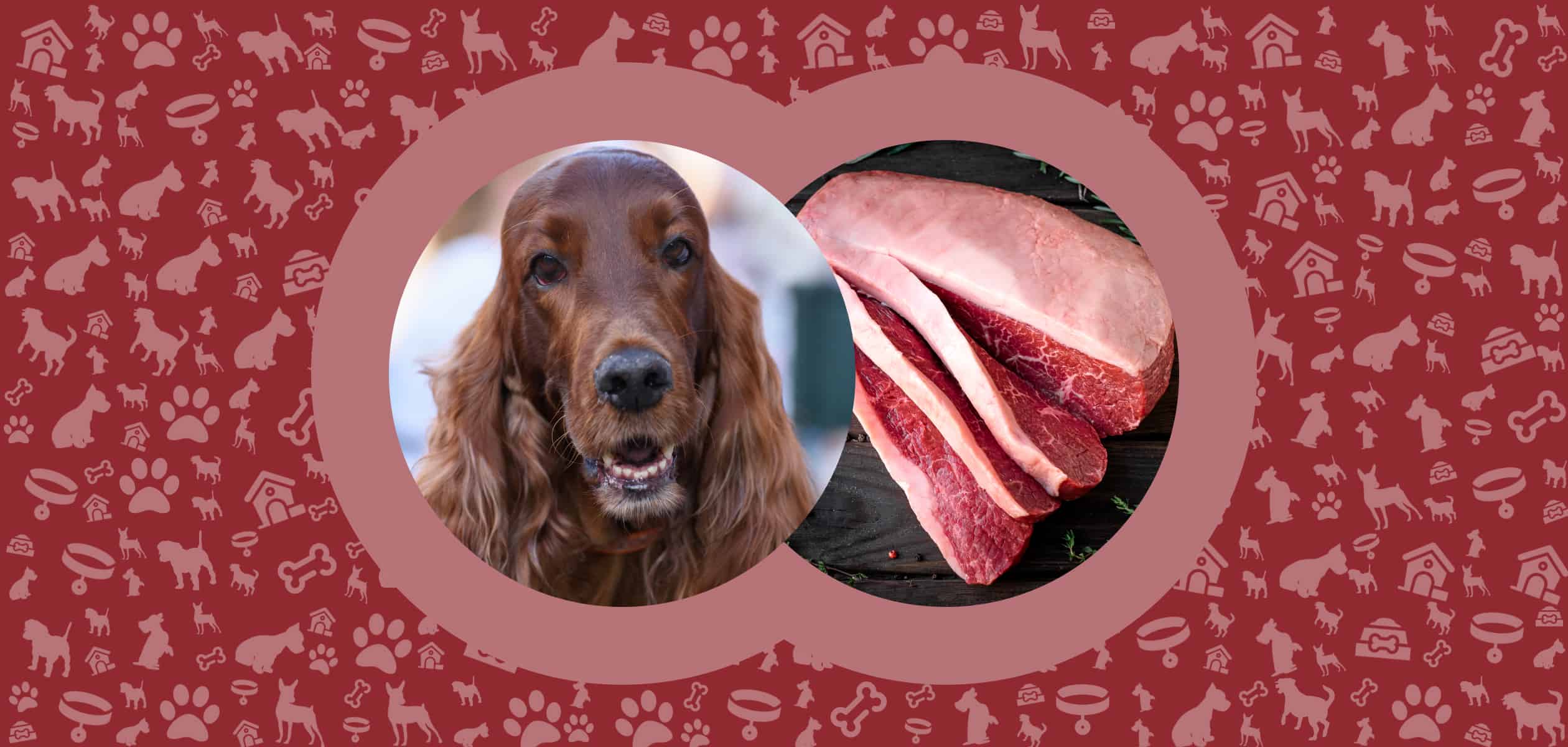
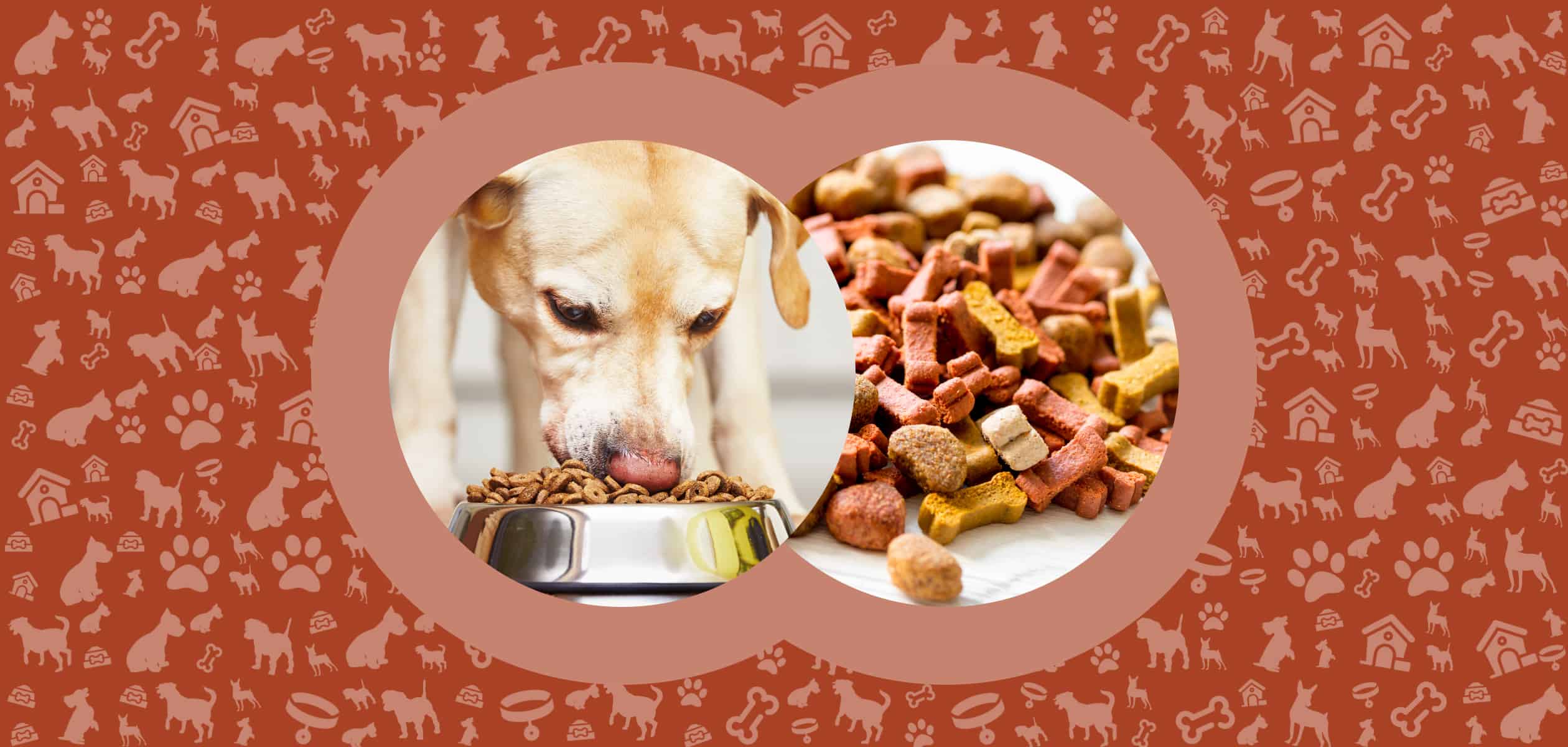
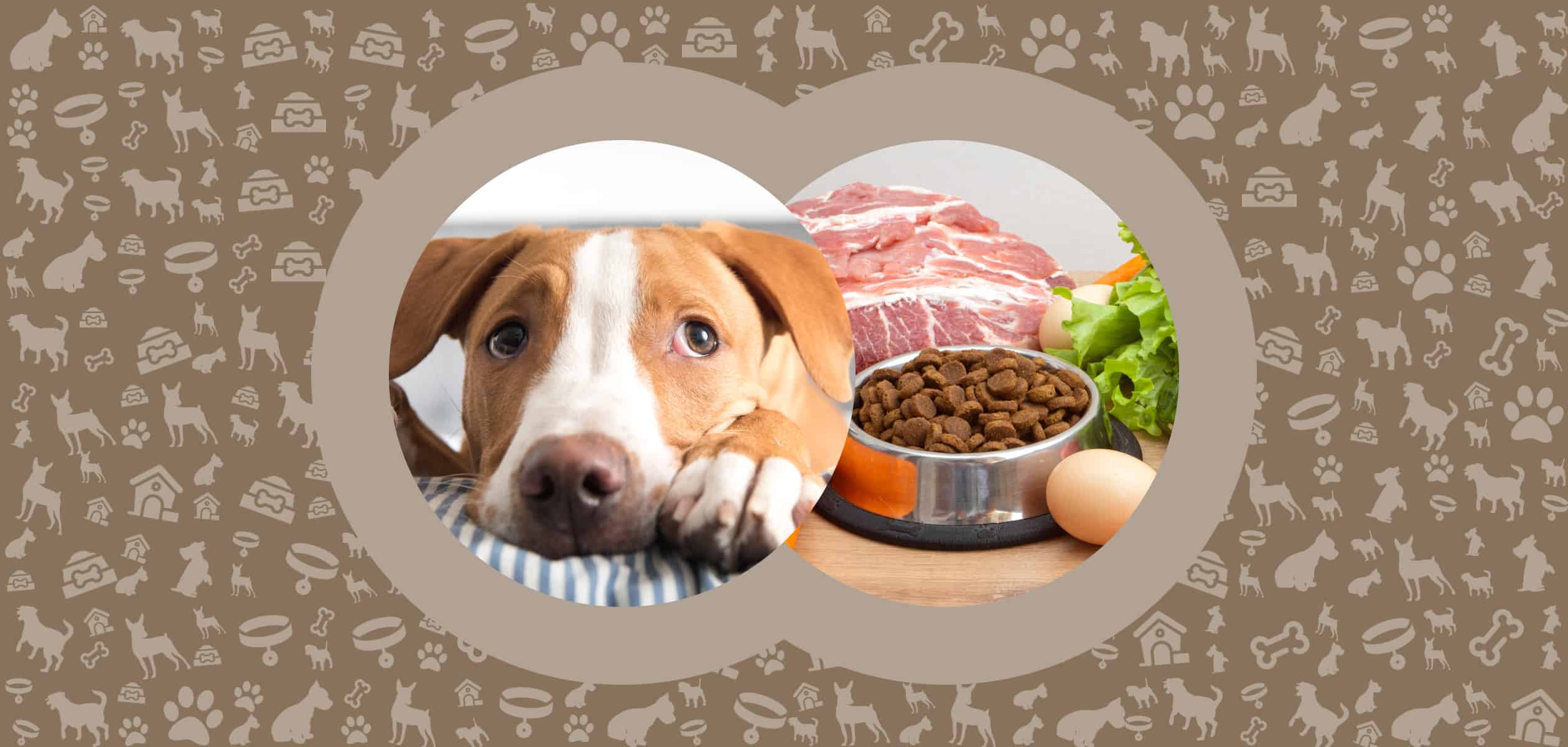
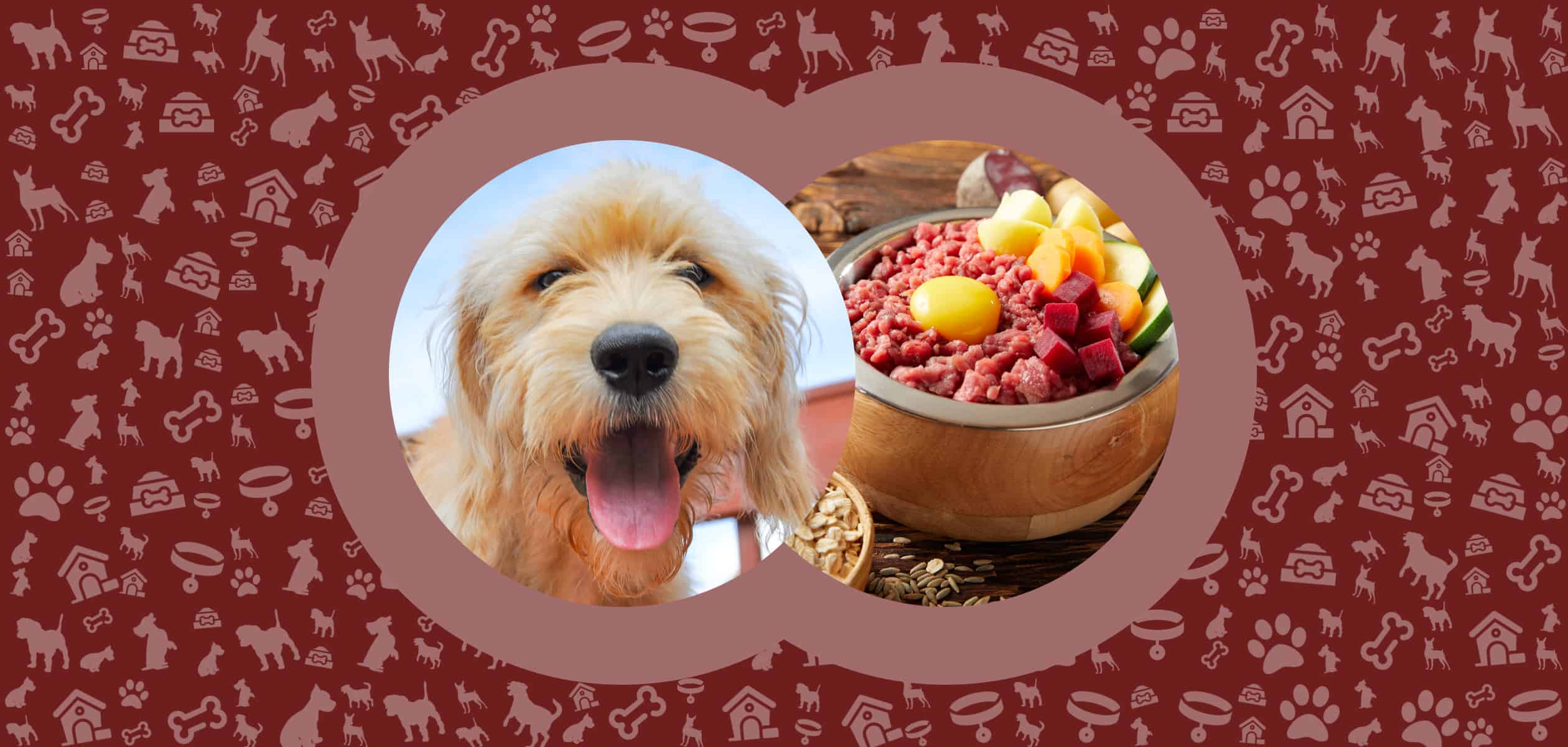
Leave a Comment